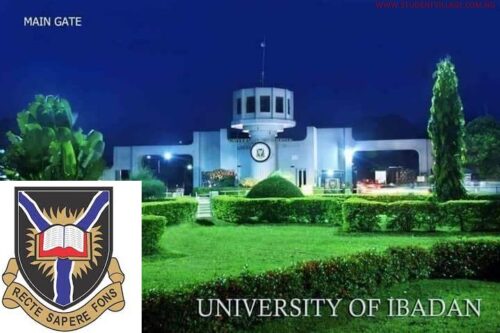The education ministry makes national efforts to harmonize the BECE standard; For Registrars and Chief Executive Officers of states and FCT examination organizations, the two-day meeting, in its fifth iteration, began on Wednesday in Ilorin.
HAVE YOU USED OUR JAMB TOOL YET? IT PROVIDES YOUR JAMB COMBINATION FOR FREE
In order to decrease regional variations in the quality and level of the Basic Education Certificate Examination (BECE), the Federal Ministry of Education organized a review meeting.
For Registrars and Chief Executive Officers of states and FCT examination organizations, the two-day meeting, in its fifth iteration, began on Wednesday in Ilorin.
Folake Olatunji-David, the director of the Federal Ministry of Education’s Basic Education Department, predicted that the conference will offer a further chance to assess the sector’s success and weak points.
According to Ms. Olatunji-David, who was represented by Edith Osanyinpeju, Deputy Director of Junior Secondary Education, the purpose of the meeting was to align BECE procedures with the principles of educational policies in all states.
“The goal of this is to advance integrated national development.
“We want to make sure that the testing equipment used at the Basic Education level is typical of the same standard and that the Basic Education Certificate earned is usually recognized as being valid for entrance into any senior secondary school across the country.
Therefore, she stated, “I charge all Registrars/Directors of States and FCT Examination bodies to re-orientate, build, and establish realistic traditions that would aid in the attainment of effective and enduring harmonisation and standardization of BECE nationally.
Hamid Bobboyi, the Executive Secretary of the Universal Basic Education Commission, stated in his remarks that the commission places a high priority on improving the learning results for students in junior secondary schools participating in BECE.
Mr. Bobboyi, who was represented by Alhaji Abdulquadr Ibrahim, Deputy Director, Quality Assurance, Federal Ministry of Education, stated that the effectiveness of learning outcomes at this level can have a significant impact on students’ performances at higher education levels and, consequently, on the entire educational system.
As the minimum required certificate in Nigeria, the BECE, according to Kemi Adeosun, permanent secretary of the Kwara Ministry of Education, it is crucial to provide the examination’s administration the appropriate attention in order to ensure consistency in the outcomes.
“This is Nigeria’s current foundation, and we must work to lay the groundwork correctly from the start.
“The meeting is necessary to streamline the examination’s administration, to discuss best practices, and to encourage all states, including the FCT, to adopt the same approach to enhancing the activities of the Basic Examination,” she said.
Risiqat Raji, director of curriculum and assessment at the Kwara Ministry of Education, stated in her remarks that the gathering will encourage staff to work together effectively in order to plan, organize, and standardize BECE administration each year.
She claimed that as one of the states with expertise conducting BECE, the state was prepared to collaborate with other key stakeholders through appropriate procedures and information sharing aimed at guaranteeing high-quality teaching and learning.
In his presentation at the meeting, Dr. Ayodele Asebiomo of the University of Abuja urged the government to increase funding for basic education in order to combat the pandemic of social vices.
The government and society, he claimed, would benefit greatly from investments in education.
The Kwara Ministry of Education’s Deputy Director of Curriculum and Assessment, Hamdalat Shagaya, and Professor Shehu Adaramaja’s representative, Abdullateef Idiagbon, also attended the meeting.
Together with the Kwara Ministry of Education and the Kwara State Universal Basic Education Board, the Federal Ministry of Education organized the conference (SUBEB).
(NAN)







